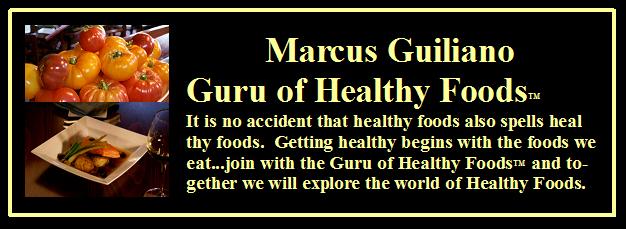 What many consumers want to know when they hear about organic foods and organic farming is, “what exactly is organic food, and why does it cost so much more than regular foods?” In making their decision to go organic, consumers need to weigh benefits of an organic diet against the higher costs involved in eating healthy organic foods and produce. To make this decision, consumers should look beyond the rice cakes in the cereal aisle, and instead see eating organic vegetables and foods as a positive lifestyle change that brings with it many advantages for your health, and the environment.
What many consumers want to know when they hear about organic foods and organic farming is, “what exactly is organic food, and why does it cost so much more than regular foods?” In making their decision to go organic, consumers need to weigh benefits of an organic diet against the higher costs involved in eating healthy organic foods and produce. To make this decision, consumers should look beyond the rice cakes in the cereal aisle, and instead see eating organic vegetables and foods as a positive lifestyle change that brings with it many advantages for your health, and the environment.So, what is organic food? Essentially, Organic foods are any food product which is grown in organically certified land without use of chemical treatments in the fertilizers and pesticides. Anything added to the soil, or put on the plants must be from a natural source, be completely devoid of chemical additives, including inadvertent additions. The lack of these chemical fertilizers means a smaller, but healthier crop yield. Combine this lower crop yield with the growing demand for organic foods, and you begin to understand why eating healthy Organic Foods will cost you a little more.
For decades growers used chemically enhanced fertilizers and pesticides because they were inexpensive, and increased crop yield per acre. Though these chemicals and pesticides kept insect intruders at bay, they were releasing contaminants that leached into the ground, and into surrounding water supplies. Farm run off continues to be a major source of pollution, and studies suggest these chemical contaminants contribute greatly to negative health effects including certain forms of cancer.
Organic farming practices deliver safe, healthy foods to your table, while also healing the land. Over time, eliminating use of these chemical fertilizers and pesticides makes for a healthier environment, and a cleaner source of potable water in your community. Eating organically is good for your own health, but is also good for the health of our planet. So yes, switching to an organic life style is going to cost you a bit more money, but if you weigh the benefits of this significant life style change, the benefits of eating Organic are well worth the extra costs incurred.










